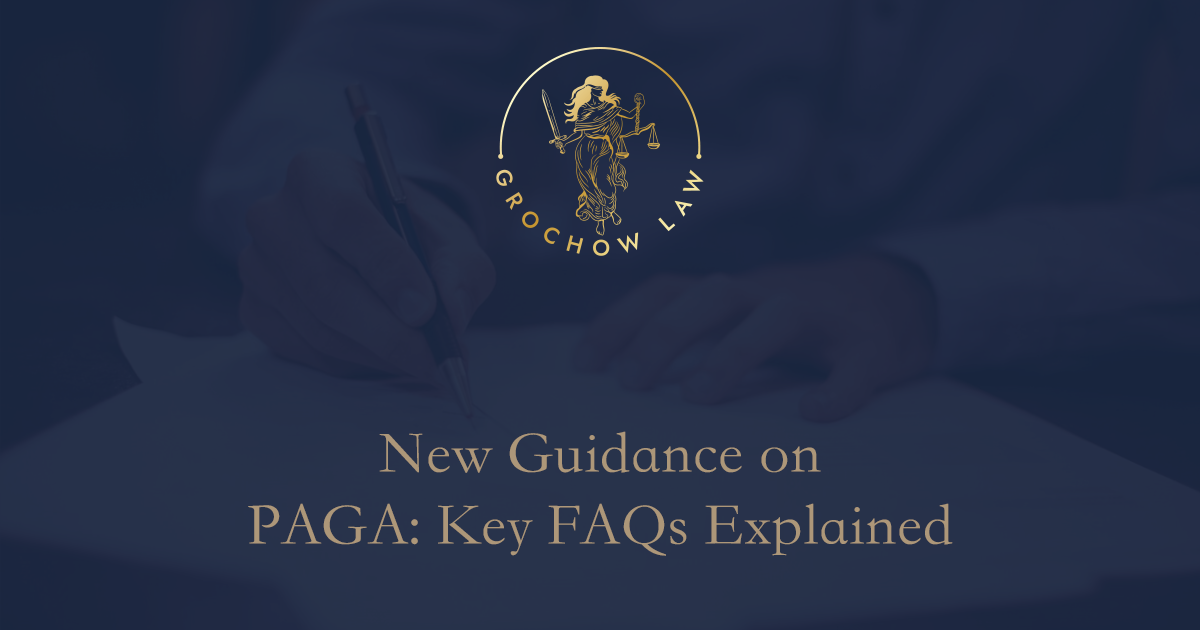The California Department of Industrial Relations (DIR) has released updated guidance regarding the Private Attorneys General Act (PAGA), providing clarity on its provisions and procedures. Here’s a summary of frequently asked questions about PAGA.
What is PAGA?
PAGA allows employees to act on behalf of the state in enforcing labor laws by suing their employers for violations of the Labor Code. The civil penalties collected help deter unlawful conduct and promote compliance with labor protections. These penalties are separate from damages that can be pursued in non-PAGA lawsuits.
Who Can Bring a PAGA Lawsuit?
Any current or former employee who has experienced violations can file a PAGA lawsuit. For notices filed on or after June 19, 2024, employees must have experienced each alleged violation. Employees represented by certain non-profit organizations may file lawsuits based on just one violation.
Who Can Be Sued Under PAGA?
Private employers are subject to PAGA lawsuits; however, government employers are not.
What Can Be Recovered?
PAGA lawsuits aim to recover civil penalties. For notices filed before June 19, 2024, penalties are split 75% to the state and 25% to the employees. After this date, the split changes to 65% for the state and 35% for employees.
What Are the Procedures for Filing a PAGA Lawsuit?
Employees must notify the Labor & Workforce Development Agency (LWDA) and send a certified letter to their employer. The LWDA may investigate the claims, which affects when the employee can file suit.
What is the Cure Process?
PAGA allows employers to correct violations during the notice period. Starting October 1, 2024, the types of violations eligible for cure have expanded, allowing more opportunities for employers to resolve issues before litigation.
Does a PAGA Settlement Need Court Approval?
Yes, PAGA settlements must be reviewed and approved by the court to ensure they are fair and consistent with the law’s goals.
For further details on the new guidance and to access the DIR’s PAGA Filing Portal, visit the official DIR website here.
By understanding the nuances of PAGA, both employees and employers can navigate labor law enforcement and compliance more effectively.

